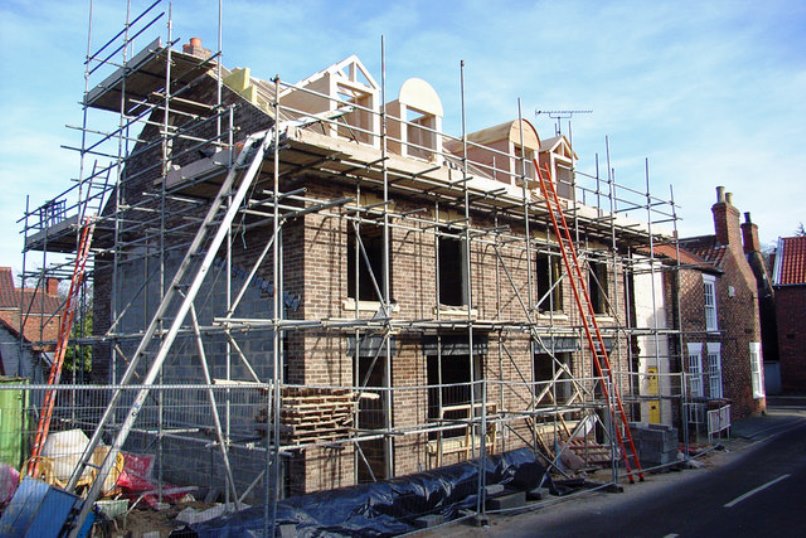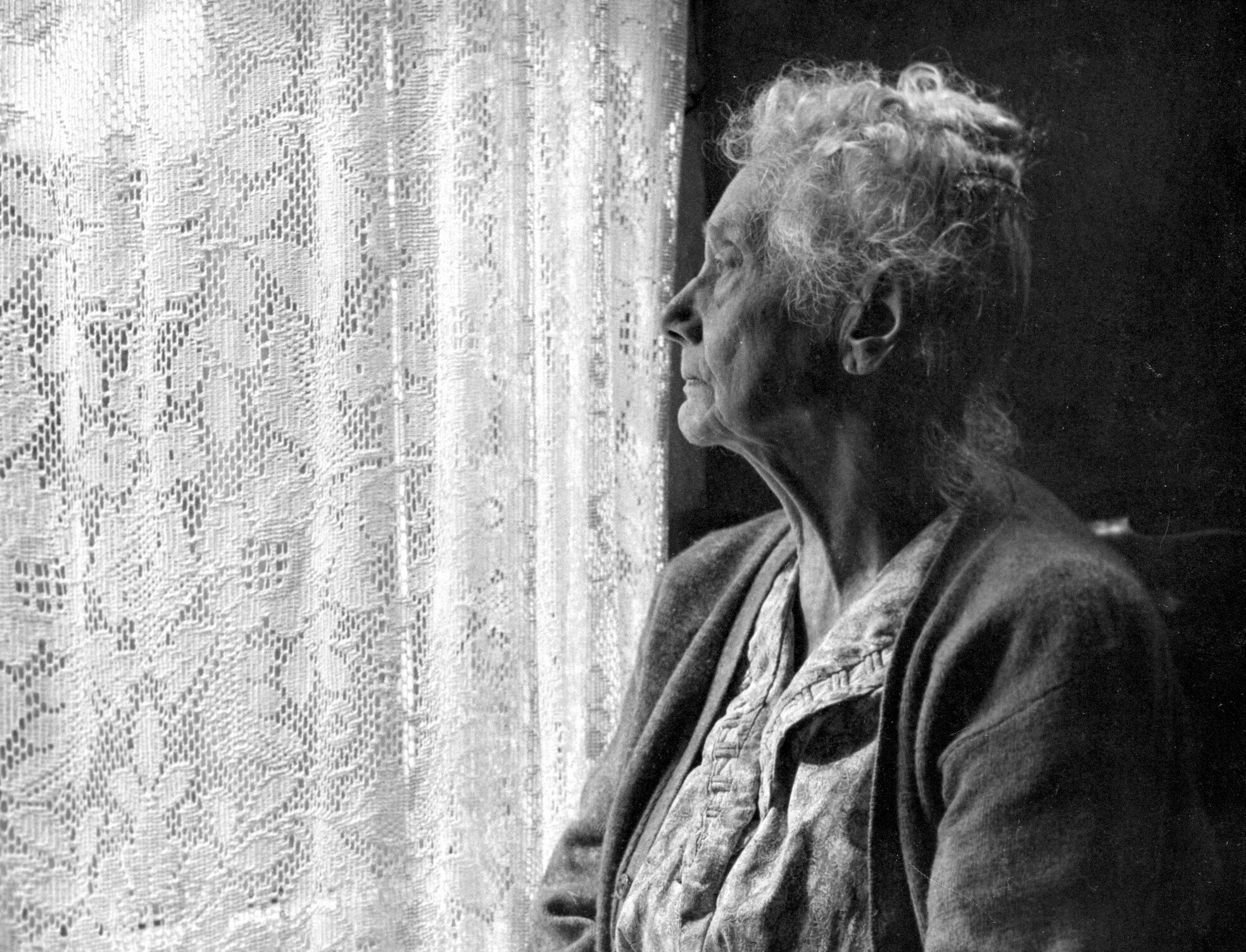Seasonal summer dip fails to impact UK property market as demand remains high
House prices in the UK fell 0.8% this month, but this is much less than the usual summer seasonal fall off, according to the latest index from property portal Rightmove.
Overall the marginal fall compared to a post credit crunch average August fall of 1.5% and a shortage of new sellers, down 8% on same period in 2014, and active buyers help to minimise usual summer holiday price falls.
This takes the average asking price of a home in the UK to £292,284 which is 6.4% above a year ago, the data shows. But there is considerable variation within the market. First time buyers face a 1.8% rise with the average price in this market £177,977 while at the top end the average price is £524,822, a fall of 2.2%.
Rightmove says that the strongest August price performance since 2007 demonstrates the continuing supply/demand imbalance in the property market. It reveals that the top three reasons for people not moving are not able to find somewhere to buy, the cost of moving and affordability.
‘While new seller asking prices have been muted by the traditional summer holiday property slowdown, the underlying shortage of property coming to market compared to buyer demand has helped to deliver the strongest August price performance since before the credit crunch,’ said Miles Shipside, Rightmove director and housing market analyst.
‘Buyers can normally pick up some bargains in August as sellers who are marketing their homes when they should be holidaying often have a pressing need to sell and mark their prices down pretty aggressively. At 0.8% down on the previous month, this is the least generous that sellers have had to be for eight years and a clear sign of upwards price pressure in the pipeline,’ he explained.
Another factor highlighted by Rightmove is the lack of new build supply with current new home volumes still being well below the levels reached just before the credit crunch. ‘The historic new build shortfall results in there being a smaller overall housing stock available to come to market, while the current new build shortfall also limits the number of existing property owners who are looking to sell their house in order to buy the limited number of suitable brand new homes available,’ Shipside pointed out.
‘The shortage of suitable property being built exacerbates the vicious circle of not enough property on the market to meet demand, increasing prices, and a reluctance among home-owners to come to market if they think the prospects of finding and funding their next move are severely compromised,’ he said.
‘These stay away sellers who are seriously considering a move but have yet to put things into motion have concerns around a shortage of choice and stretched affordability. They could be helping to get the country’s limited property stock circulating, but they have concerns about coming to market, deepening the supply shortages affecting many areas,’ he added.
He also explained that home owners are reluctant to put their own property on the market speculatively and wait for the right property to become available and some high demand locations can suffer from property gridlock.
‘If there’s very little up for sale it can often put off would be sellers from deciding to market their own property. Selling subject to contract before you try to buy sounds concerning to many, but with fewer properties for sale you need to have a buyer for your property or you will be treated as a less serious buyer yourself,’ said Shipside.
‘If you’ve sold your property subject to contract but cannot find the right home for you, you can delay the deal with your buyer until it comes along. If nothing suitable does comes along and you lose your buyer then the worst outcome is that you have to find another buyer or take your property off the market and stay put for now,’ he commented.
‘Be mindful that you could be wasting a buyer’s time, so be very open at the outset that you have not yet found a property to buy, and they must not commit to any costs until you have agreed your onward purchase. If you’re in an area where suitable stock is tight, then discuss these tactics and their implications with your estate agent,’ he added.
Seasonal summer dip fails to impact UK property market as demand remains high





